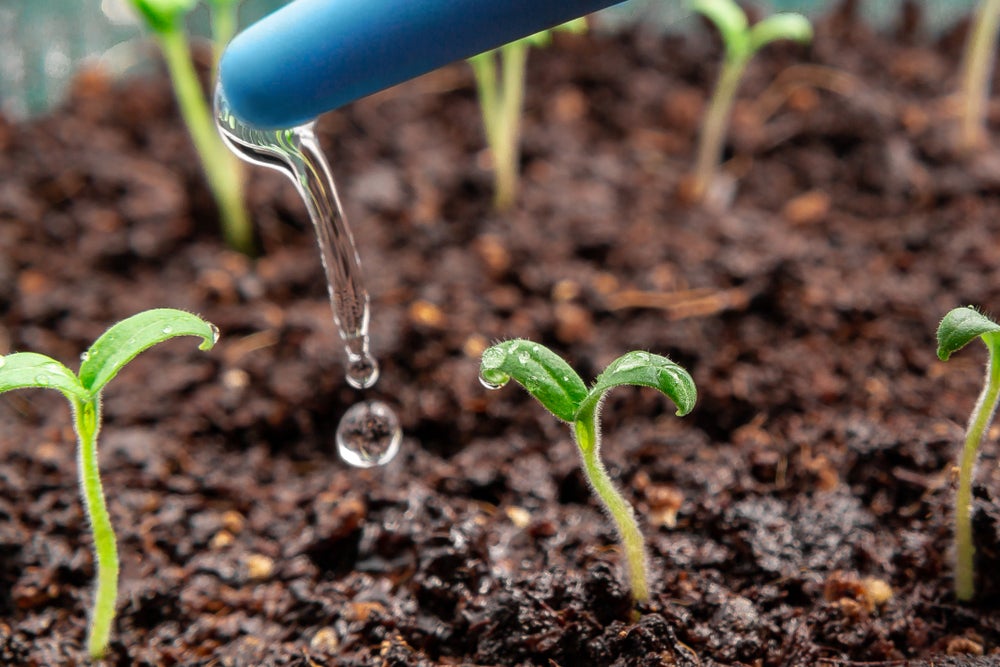
More than 70% of freshwater is currently used for agriculture, and considering that just 3% of the water on Earth is drinkable, this is a valuable resource.
Irrigation, or the supply of water to crops at regular intervals, can lead to large quantities of water going to waste, as often plants are watered more often than needed.

Access deeper industry intelligence
Experience unmatched clarity with a single platform that combines unique data, AI, and human expertise.
To address this problem, researchers at Cornell University have developed a model that can predict when it is going to rain, meaning plants can be watered more efficiently.
Using information on plant physiology, real-time soil conditions and weather forecasts, researchers predict that this could use 40% less water than is consumed by more traditional methods. This means that farmers can make more informed decisions about when and how much to irrigate, and when to rely on rainfall instead.
They also used machine learning to assess historical weather data, and how much water will be lost to the atmosphere from leaves and soil, and found that this enabled watering decisions to be more precise.
Smart irrigation: Is it worth it?
Abraham Stroock, professor of chemical and biomolecular engineering at Cornell University, is working on water conservation strategies with apple farmers in New York state and almond, apple and grape farmers in the West Coast. From his research he found that controlling plant moisture more precisely could also improve the quality of specialty crops such as wine grapes.

US Tariffs are shifting - will you react or anticipate?
Don’t let policy changes catch you off guard. Stay proactive with real-time data and expert analysis.
By GlobalDataStroock also explains that certain crops require large volumes of water, such as almonds that require one gallon of water per almond, so there is a “real opportunity to improve the way we manage water in these contexts.”
Certain plants respond differently to varying levels of moisture, so one of the challenges for the researchers was identifying the best method for each crop, and determining the costs and benefits of switching to an automated system from a human-operated one.
Stroock said that smart irrigation needs to make a notable difference for it to be worth investing in:
“We need to assess the right level of complexity for a control strategy, and the fanciest might not make the most sense. The experts with their hands on the valves are pretty good. We have to make sure that if we’re going to propose that somebody invest in new technology, we’ve got to be better than those experts.”
Read More: The future of farming is data, and IBM is taking charge.







